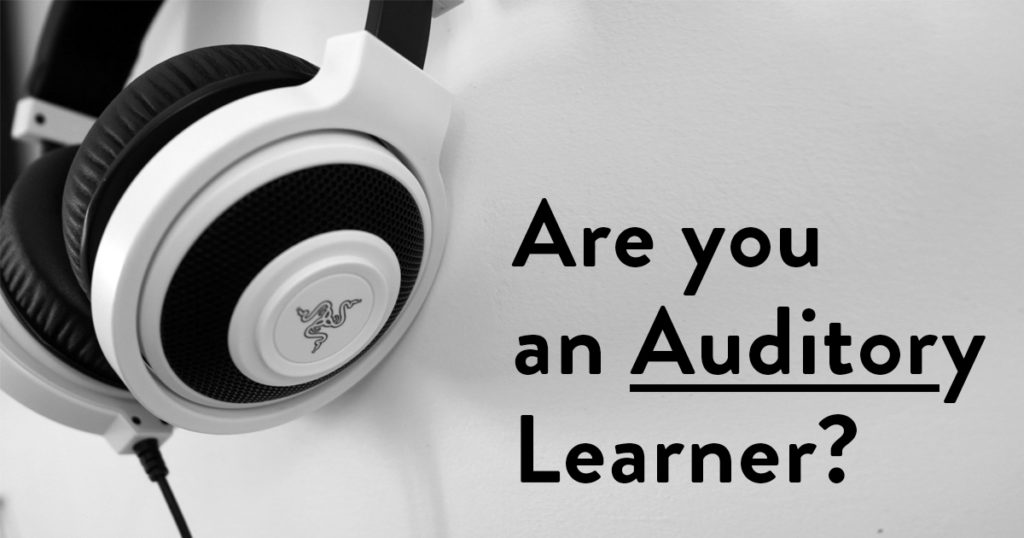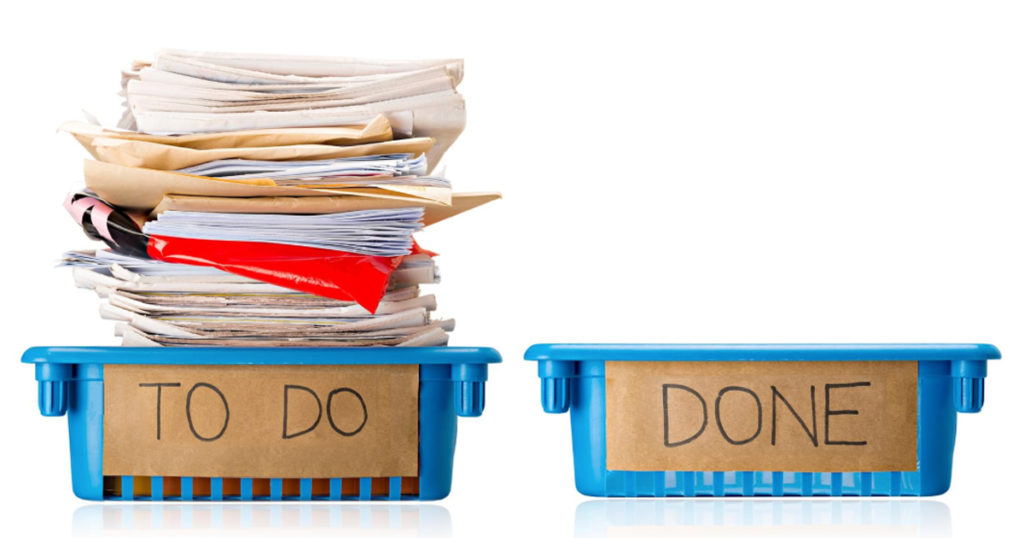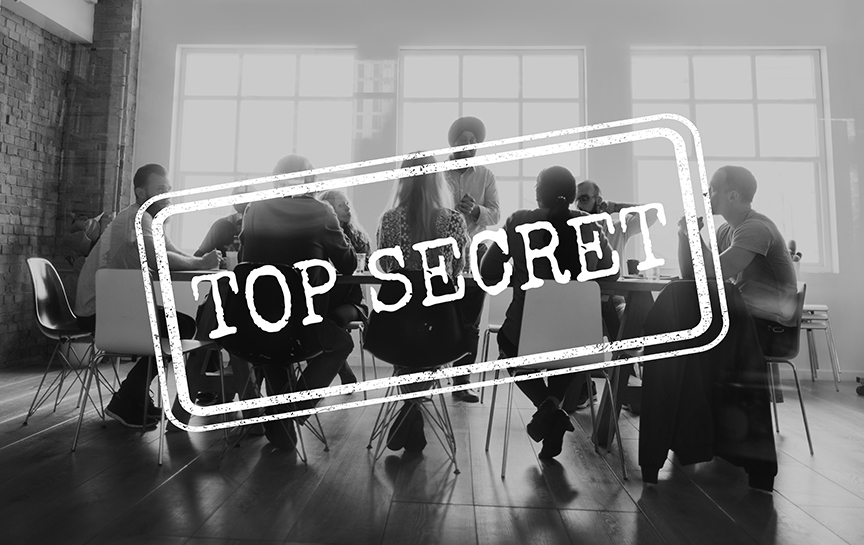It’s still haunting us. The EPPP, like a final boss to beat after all your academics have been completed and you’re finishing up your postdoctoral training hours, is waiting for you at the end of all your hard work. The Association of State and Provincial Psychology Boards (ASPPB) have worked to develop this exam to comprehensively test your ability to perform both clinical and research-based skills in a real-world setting.
The exam, as it stands now, is administered solely electronically at Pearson VUE testing centers. However, in January of 2020, there will be an interactive component. The EPPP2 (the version to be released and adopted in January 2020) will include a portion that better addresses the hopeful psychologist-trainee’s clinical skills. They will be tested on the foundational and functional competencies required by the profession. Foundational skills such as evidence-based decision making, critical reasoning, and interpersonal competencies will be addressed. The functional assessments will focus more on the ability to assess clients, provide interventions, and offer consultation services within the scope of your competency.
First, it is important to get a general understanding of the EPPP. The exam is 225 multiple choice questions, which the test-taker needs to complete in four hours and fifteen minutes. Within this testing time, ASPPB accounts for one 15-minute break, which the test-taker can choose to take at any time. The questions also include 50 pilot questions, which will not be counted toward the tester’s final score. These are administered to help the ASPPB develop future forms of the exam. You will need to score a 70% correct, although there are a few states that require a slightly more stringent passing percentage. Following the exam, you will be provided with your “unofficial scores”, which will likely indicate if you have passed or not. These scores are still considered unofficial, as they haven’t been reviewed by official scorers of the ASPPB or Pearson. Barring anything unusual, these will likely be your official scores.
There are eight major domains covered by the EPPP. We’ll go into each here briefly. Something to note: the EPPP2, or the Enhanced EPPP will be released in January of 2020, which may or may not have a different breakdown. For now, this is the distribution of topics that we know, so these are the ones that we will delve into.
The first is Biological Bases of Behavior, which accounts for 10% of the exam. You probably remember taking a course titled something similar to this in graduate school. This portion of the exam focuses on reasons behind human behavior that are based in our biological make-up. For instance, heritability of psychological issues as well as brain structure. This section can prove rather difficult for some individuals, especially those who got into the social sciences to avoid courses like biology. Nevertheless, this information is very important for eventual psychologists. Knowing some of the biology that goes into the biopsychosocial approach understood by most psychologists is necessary to conceptualize your clients as well as communicate within the field.
Next, we have Cognitive & Affective Bases of Behavior, which is 13% of the exam. Again, this section of the exam likely reflects a course that you have taken in your graduate coursework. This section deals with the theory that our behaviors are also driven by our cognitions and emotions. It is important to understand this and other bases of behavior as standalone theories, and to understand it as it interacts with the other bases of human behavior.
Third is the Social & Cultural Bases of Behavior at 11% of the exam. This is the final section explicitly about behavioral bases of the EPPP. This portion examines your knowledge on the culturally-based drives of our behavior. Specifically, Social and Cultural Bases of Behavior examines the relationship of a person to their peers and environment and how it impacts their behaviors. Additionally, this section also impacts the other two major bases of behavior: Cognitive & Affective Bases and Biological Bases. Social interactions have strong impact on the overall functioning of an individual, which is why it is vitally important to understand this section in light of the other sections.
There is also a section on Growth & Lifespan Development. This section accounts for 12% of the exam. This section deals with the changes in a human’s life—spanning all the way from infancy to death. This refers to things such as characteristics at a certain age, appropriate milestones for infants, intellectual development over a lifetime, and understanding the factors that lead to developmental variances from person to person. When thinking about Growth & Lifespan Development, most people focus on infancy and early developmental milestones. However, it is important not to ignore the developmental process after the age of 18. There is a robust amount of infomration to be studied after the client turns 18 (and it’s fair game for the EPPP)!
The ASPPB also uses 16% of the EPPP to test your knowledge and abilities in Assessment and Diagnosis. This section combines two major components of our profession, the first being clinical assessment. By this, the examiners are referring to “softer” assessments (such as in-session suicidal/homicidal ideation and assessments of orientation) as well as “hard” assessments (such as the Wechsler tests or the Vineland Adaptive Behavior Scale). These assessments provide valuable clinical knowledge to psychologists in their own respective rites. Understanding when each is appropriate and how to best make sense of the obtained infomration is a major required competency of psychologists. Related to the assessment component is the Diagnosis component of this section. You will be asked to use information provided by the exam to select an appropriate working diagnosis. You will likely be required to integrate information provided by a range of assessments into the diagnostic consideration.
The sixth domain covered by the EPPP includes Treatment, Interventions, Prevention, and Supervision. This domain represents 15% of the exam. Once the working diagnosis has been established, it only follows that the next section is the appropriate treatment and intervention styles. When provided with a diagnosis and some background information, the psychologist-in-training will be required to choose a certain plan of treatment and select appropriate interventions based on that treatment model. Naturally, this will require your intimate knowledge of different treatment modalities and associated interventions, as well as their respective efficacy for different diagnoses and demographic groups.
Everyone’s favorite section of the EPPP is the portion covering Research Methods and Statistics! Not to worry, this portion represents the smallest percentage of the exam, representing only 7%. If you are planning on being a researcher primarily, this may be a more exciting section for you. However, if you are the type that prefers clinical practice and intervention to research, this section can be a bit of a challenge. Many of the questions in this section surround interpreting research and determining proper use of statistics in the field. Knowing that all empirical research needs to have proper design and accurate use of statistics, the importance of this section is evident. Although all published studies have gone through some sort of peer-review process, there remains a burden on the psychologist interpreting the research to determine if the design and statistics are appropriate to the specific situation. Additionally, should you ever publish your own research, it is important to ensure that your research design, methods, and statistics are sound.
Finally, the EPPP also includes an exam on Legal, Ethical, and Professional Issues, which accounts for 16% of the exam. Later in your steps towards licensure, you will also take an exam entirely on ethics and the law. Although this exam is not your ethics exam, the ASPPB has included ethics in applied problems for the EPPP. Knowing how to practice and conduct yourself in an ethical and professional manner is extremely important to the profession and our respective governing boards. When something unethical or unprofessional happens, it tends to reflect poorly on our field as a whole. This may feel like some pressure—as it should. The EPPP is just another safeguard to ensure that when you enter the field as a licensed clinician, you are truly ready to take on the rights and responsibilities that accompany the title.
While we still do not know much about the EPPP2, we do know that the exam will move towards a competency approach. Specifically, they will be testing the individual’s competency in (1) Scientific Orientation to Practice, (2) Relational Competence, (3) Assessment and Intervention, (4) Ethical Practice, (5) Collaboration, Consultation, and Supervision, and (6) Professionalism. The EPPP2 (Enhanced EPPP) will be taken in a separate sitting from the EPPP as it is now, and you will be permitted another 4 hours and 15 minutes for this exam as well. The general reasoning behind this additions to predict and asses how you will perform as a clinician rather than simply how well you have been able to memorize and regurgitate information studied. In short, this is a more practical application to the EPPP’s information.









